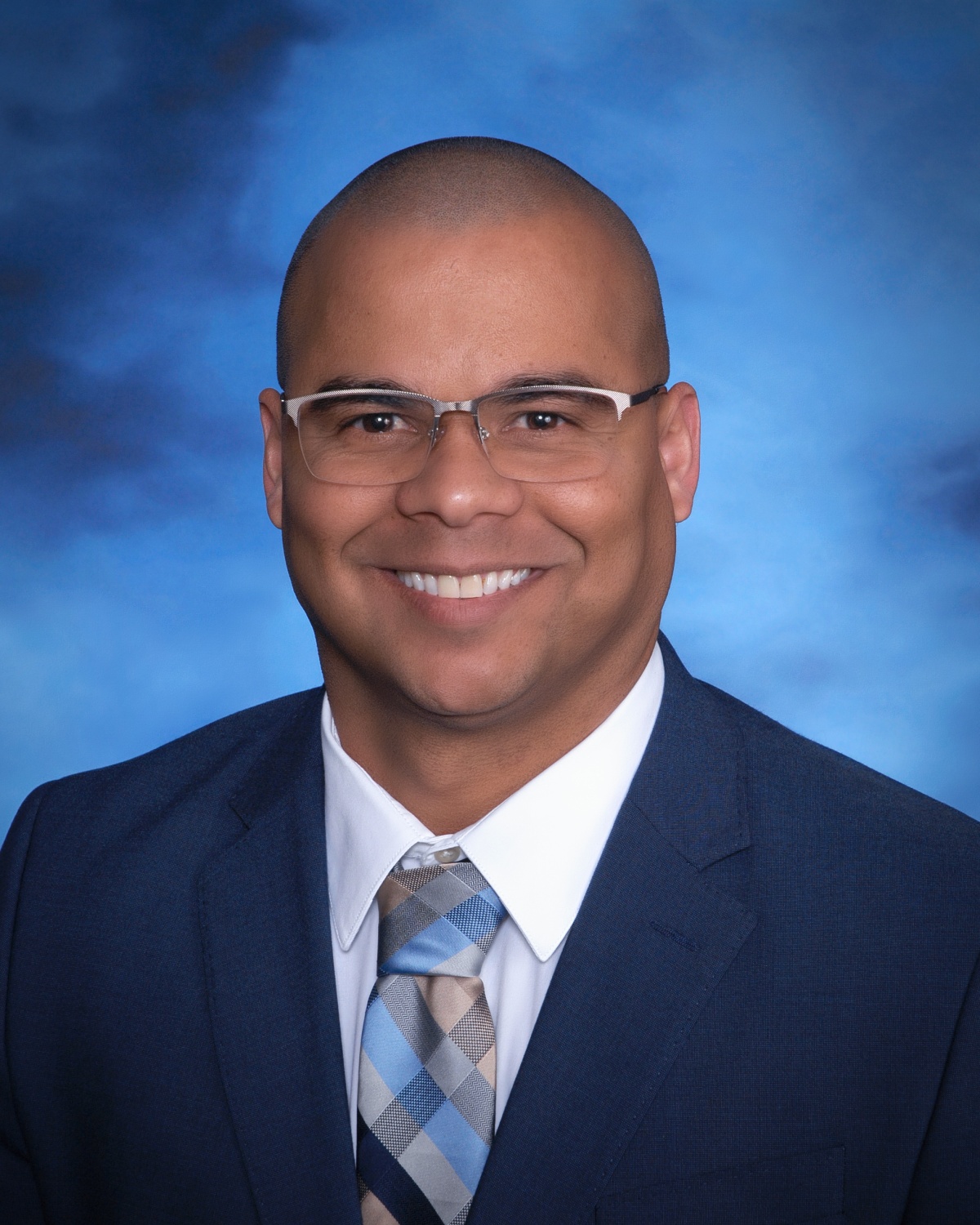Biography

Kleiton Silva, PhD
Assistant Professor of Biomedical Sciences
About Me
Dr. Silva joined the Department of Biomedical Sciences at CMSRU in December 2021. He serves as an active learning group (ALG) facilitator and lecturer.
Dr. Silva earned his doctorate in 2014 from the Department of Medicine at the Federal University of Sao Paulo, Brazil. While a Ph.D. student, he collaborated with investigators at Baylor College of Medicine in Houston to study molecular mechanisms of cancer-inducing cachexia, a devastating wasting syndrome that affects many living cancer patients. Dr. Silva completed postdoctoral training at the University of Missouri, where he investigated molecular mechanisms by which autophagy contributes to muscle atrophy in rodents and heart failure in a porcine model of heart failure with preserved ejection fraction (HFpEF) and reduced ejection fraction (HFrEF).
Dr. Silva’s long-term research focuses on unraveling the molecular mechanisms regulating skeletal muscle disorders and cardiac dysfunctions. My lab is interested in investigating how integrating endurance exercise and a potent autophagic-specific agonist attenuates aging-associated loss of muscle mass and function.
Dr. Silva’s lab utilizes several approaches, including but not limited to animal handling (surgeries - survival and terminal), biochemical assays (western blotting for protein expression; RT-qPCR for gene expression; fresh enriched mitochondrial isolation), behavioral assays, functional studies in skeletal muscle and mitochondria, and endurance exercise training.